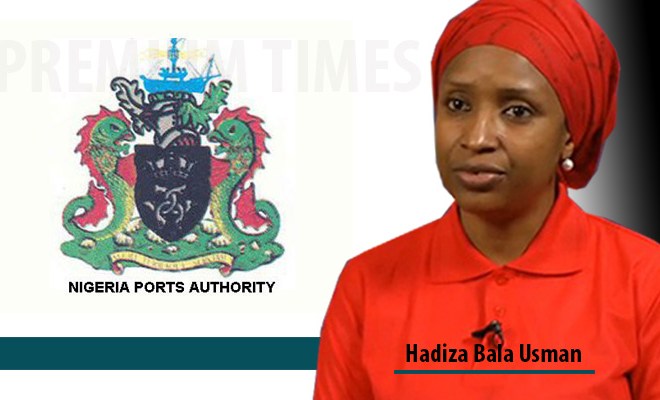African Ports Must be Connected-Abubakar

Harps on Hinterland Connectivity

Nigeria’s former Head of State, Retired Gen. Abdulsalami Abubakar, has urged investors to tap the opportunities in connecting the ports with the hinterlands through various means of transportation.
He also called for intermodal transportation system to improve cargo evacuation and the overall efficiency of the country’s ports.
Abubakar made the call at the first regional conference of the International African Ports and Harbour (IAPH) themed: “African Ports and Hinterland Connectivity,” in Abuja.
Abubakar, who chaired the conference, said: “We can now imagine African potential if there are visible means of transportation connecting the entire countries. There is need for the development of the supply chains for the hinterlands through optimal utilisation of the rail, road and waterways as viable mechanisms for conveying cargoes to various locations. African countries should also include the strategy of hinterland connectivity in their ports’ master plans in order to ensure seamless evacuation of cargoes at the ports, ” Abubakar said.
He stressed the need to improve the movement of cargoes to various destinations to remove the existing gridlock on ports’ access roads. The former head of state added that funding was paramount in achieving the main objective of hinterland connectivity.
He urged participants to come out with innovative strategies and practical methods that would facilitate the efficiency of hinterland connectivity.
In his goodwill message, the Olu of Warri, Ogiamen Ikenwoli, said the movement of cargoes through rivers and sea was the bedrock of industrial development and rapid growth.
He commended the Minister of Transportation, Mr Chibuike Amaechi, for making Niger/Delta rivers vibrant, and appreciated the management of the Nigerian Ports Authority (NPA) for working to improve hinterland connectivity.
Mr Julian Garcia, Head of Facilitation, Maritime Safety Division, International Maritime Organisation (IMO) said its strategy for regulating international shipping provided an ambitious 50 per cent improvement in shipping by 2050.
Garcia said to enable the ports achieve the desired improvement, there was need for efficiency, supply and provision of sustainable offshore operations.
According to him, IMO is also helping in securing an environment for sustainability which would come into force in Jan. 1, 2020.
In his words “We have significant impact on the implementation of regulation and we need to ensure ports are connected to the hinterlands. African countries should also reflect on the importance of Blue Economy on the 2050 Africa in connection with maritime strategy for robust resources in African oceans and seas,” Garcia said.
He urged the various governments of African countries to establish mechanisms to leverage on the Blue Economy concept in the national development policies and securities.










